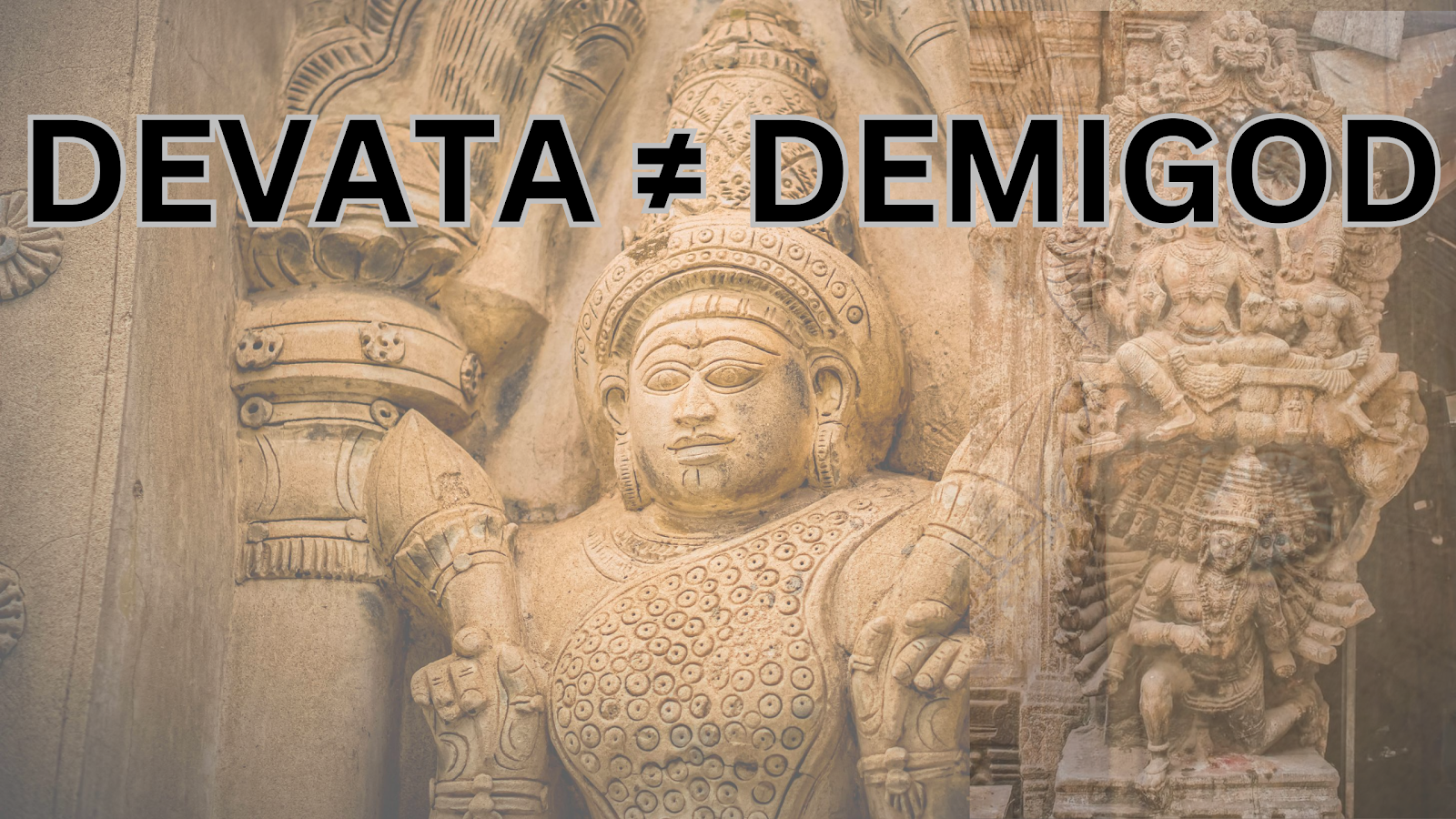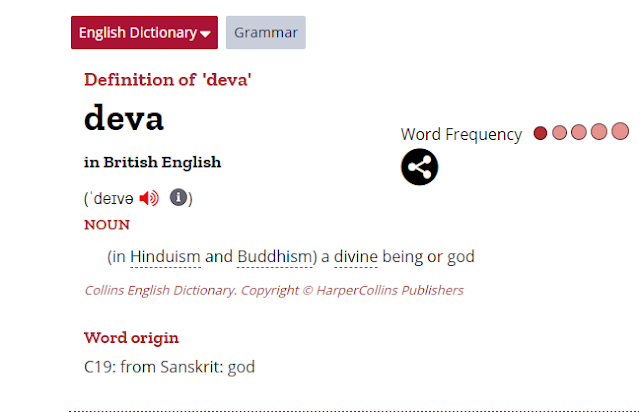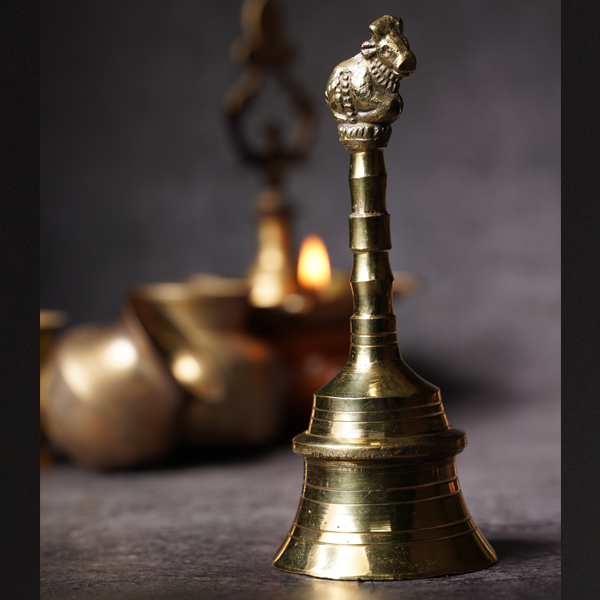Translated scriptures can never present the authenticity of a pramāṇa to its fullest. This is because the English vocabulary is too narrow to accommodate every possible word to describe the profoundness of a Vedic term.
One of the most corrupted translations comes to the term devatā, which includes the variants deva and devī as well. If you watched the movie Kāntara with English subtitles, you will notice the word devatā being mistranslated to 'demigod'.
Foremostly, there is absolutely no need to constipate your way through to find an English word that best represents the Vedic term deva. The words deva and devī are very well found in the Collin's dictionary!
Image: Usage of plays like 'Dev' and 'Devi' in my game in the recent Malaysian National Scrabble Championship.
Root Words of Devata
'Devatā', 'Deva', and 'Devī' all come from the common root 'Div', which literally means 'to shine' or 'One who shines'. It simply refers to a divine or enlightened state.
These broad-spectrum terms are confined to various beings, entities, and even abstract concepts.
In our culture, saints and sages are referred to as deva.
The deity of every mantra is referred to as devatā as well. Let us see some examples.
(i) श्रीमहाविष्णुः परमात्मा श्रीमन्नारायणो देवता
śrīmahāviṣṇuḥ paramātmā śrīmannārāyaṇo devatā
(This comes in the Viṣṇu Sahasranāma. You can find the verse above being recited in the mentioned Sahasranāma.)
(ii) श्रीकृष्णः परमात्मा श्रीमन् नारायणो देवता
śrīkṛṣṇaḥ paramātmā śrīman nārāyaṇo devatā
(This verse comes in the nyāsa done for Viṣṇu Sahasranāma.)
So here, even the 'supreme' as per Vaiṣṇavism is coined under the 'devatā' banner.
Similarly, Lalitā Parameśvarī, who is considered ultimate by Śāktas, gets the 'devatā' banner in Lalitā Sahasranāma.
Lord Agni, Vāyu, Indra, etc., also get the 'devatā' banner in the scriptures.
Abstract components like 'night', 'femininity', and 'longevity' are also seen as deities under the banner of 'devatā' in the Vedas.
(3) आगमार्थं तु देवानां गमनार्थं तु रक्षसाम्। घण्टानादं करोम्यादौ देवताह्वान-लाञ्चनम् ॥ घण्टादेवताभ्यो नमः॥
āgamārthaṃ tu devānāṃ gamanārthaṃ tu rakṣasām। ghaṇṭānādaṃ karomyādau devatāhvāna-lāñcanam॥ ghaṇṭādevatābhyo namaḥ॥
The hymn above is often used in pūjā related to Tantra. It is recited when we worship the bell. We refer to the bell as 'ghaṇṭa devatā'. So the bell is a deity to us.
So we have to understand that the word devata is in no way translatable to some ridiculous term like 'demigod' or 'angel'.
Demigod is a term which finds place in the Greek tradition. It refers to a person who has one divine parent and one human parent. There is no Vedic term that directly translates to 'demigod'.
Image: Hercules is a demigod as per Greek culture. His father is Zeus and mother, a mortal named Alcmene.
Image: Depiction of angel accurate to Bible. The forms of the devata-s are very well explained in our Dhyāna Śloka-s. No deity resembles the the depiction of angels accurate to the bible.
Above him stood the seraphim. Each had six wings: with two he covered his face, and with two he covered his feet, and with two he flew." (Isaiah 6:2)
Devatas are not angels!
Read More:






No comments:
Post a Comment